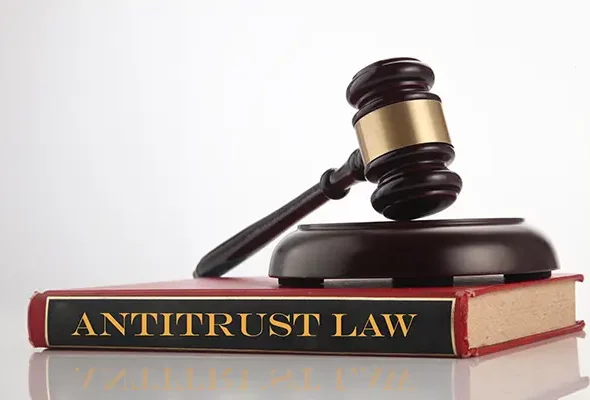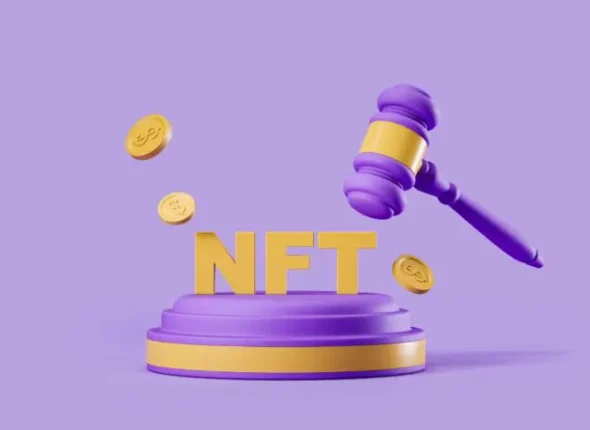Wisconsin CLE | Choose Your Plan | Search for a Course

Wisconsin MCLE Requirements:
Attorneys in Wisconsin must complete 30 hours of WI CLE (Continuing Legal Education) every two years, including at least 3 hours of ethics and professional responsibility. These credits can be earned through Board of Bar Examiners–approved live seminars, webinars, or on-demand courses, offering flexibility to fit busy schedules. Attorneys are required to complete their CLE by December 31 of their reporting year and report compliance by February 1, and failure to meet WI CLE requirements may result in late fees or administrative suspension. Click Here for the Detailed WI CLE Article | Click here to Visit the VT MCLE Board.
How to Obtain CLE Credit for a Knowledge Group Course in Wisconsin:
To earn CLE credit with The Knowledge Group, complete the video courses, answer the secret word questions, and download your Certificate of Attendance. The Knowledge Group automatically submit courses for CLE accreditation to the State Bar of Wisconsin.
Attendance Reporting Procedure: Attorneys are responsible for keeping track of their own CLE credits. Certify your attendance as you would normally do directly to your state’s MCLE administrator.
Additional Resources: The Knowledge Group Comprehensive CLE Rules Page or contact CLE support.
Wisconsin CLE | Search for Single Courses
Insurance Industry Fraud: Risk Mitigation Tactics | On-Demand Webinar
Kenneth P. Williams Shareholder | Segal McCambridge Singer & Mahoney A. Solomon...
Class Certification Trends in Antitrust Litigation | On-Demand Webinar
James Langenfeld Managing Director | Berkeley Research Group, LLC James A. Keyte...
FDA Enforcement Trends: Challenges & Opportunities | On-Demand Webinar
Joshua Oyster Partner | Ropes & Gray LLP Rebecca H. Williams Associate...
FINRA Arbitration Issues 2023 | On-Demand Webinar
Heather B. Middleton Counsel | Riker Danzig LLP Peter J. Tepley Partner...
SEC Executive Pay Updates | On-Demand Webinar
Simona Mola Principal | Cornerstone Research Kyla Wethli Senior Manager | Cornerstone...
Hedge & Equity Fund Formation | On-Demand Commercial/Consumer Law CLE Webinar
Ruth Jin Partner | Moses Singer ABCs of Hedge Fund and Private...
Crypto and Bankruptcy: Legal Crossroads | On-Demand Webinar
Matthew J. Gold Partner | Kleinberg, Kaplan, Wolff & Cohen, P.C. James...
NFTs and Crypto: Key Developments and Risks | On-Demand Webinar
Hannah E. Taylor Partner | Frankfurt Kurnit Klein & Selz PC Malgorzata...
Real Estate Finance: Key Trends & Challenges 2023 | On-Demand Webinar
Marc Betesh Executive Chairman & Founder | Visual Lease Joe Fitzgerald SVP,...
Understanding WI CLE Requirements for Attorneys: A Complete Guide
Attorneys practicing in Wisconsin must maintain their professional knowledge and ethical standards through WI CLE—Wisconsin’s Continuing Legal Education program. This system ensures that lawyers remain competent, ethical, and up to date with evolving laws and legal practices. For both new and experienced attorneys, understanding WI CLE requirements is essential to maintaining an active license and avoiding compliance issues or penalties.
WI CLE Requirements for Wisconsin Attorneys
The Wisconsin Board of Bar Examiners requires all active attorneys to complete 30 hours of WI CLE every two years. These hours are designed to promote professional growth and ensure a balance between substantive knowledge and ethical awareness. The specific sub-requirements include:
• 3 hours of Ethics and Professional Responsibility
• 27 hours of general credit covering substantive law or practical skills
Attorneys who serve as judicial officers or handle specialized practice areas may choose courses tailored to their professional focus. This structured approach ensures that WI CLE supports the ongoing development of legal competence and integrity across all areas of practice.
How to Complete WI CLE Credits
Wisconsin attorneys have several options for completing WI CLE credits. Traditional in-person seminars remain an excellent way to network and engage directly with instructors, but virtual learning has become increasingly popular due to its convenience and flexibility.
Approved formats for WI CLE include:
• Live Webcasts and Virtual Seminars – Participate in real-time from your preferred location.
• On-Demand and Self-Study Programs – Learn at your own pace within the reporting period.
• Hybrid Programs – Combine in-person and online formats for flexibility and accessibility.
The Wisconsin Board of Bar Examiners (BBE) must accredit all WI CLE courses for them to count toward mandatory credit. Attorneys should always confirm that a course or provider has been approved before enrolling. Wisconsin also places limits on self-study credits, so attorneys should plan accordingly to ensure compliance.
WI CLE Reporting and Deadlines
The reporting process for WI CLE is straightforward but time-sensitive. Attorneys must complete their required credits by December 31 of each odd-numbered year. The WI CLE reporting form and instructions are made available through the Board of Bar Examiners’ online portal, where attorneys can record and verify completed hours.
Failure to complete or accurately report WI CLE requirements may result in late fees, administrative penalties, or even suspension of practice. Attorneys are encouraged to retain certificates of attendance and completion records for at least two years in the event of an audit. While many providers report attendance directly to the BBE, the ultimate responsibility for compliance rests with the attorney.
Value of WI CLE
Beyond satisfying mandatory requirements, WI CLE provides invaluable opportunities for career development. Attorneys can select courses that deepen their expertise, expand their practice areas, or explore emerging legal topics relevant to Wisconsin and beyond.
For instance:
• Corporate lawyers may take courses in business law, contracts, or compliance.
• Family law attorneys can strengthen knowledge of custody, support, and mediation.
• Trial lawyers may refine advocacy, negotiation, and evidence-handling skills.
Ethics-focused WI CLE courses help attorneys navigate issues like client confidentiality, conflicts of interest, and professional civility. The emphasis on ethics ensures that attorneys not only remain compliant but also uphold Wisconsin’s high standards of legal professionalism.
Conclusion | WI CLE
In conclusion, WI CLE plays a critical role in fostering legal excellence, ethical responsibility, and public trust within Wisconsin’s legal community. By completing accredited courses, tracking credits accurately, and submitting timely reports, attorneys ensure compliance while continuously improving their skills and ethical awareness.
Through WI CLE, Wisconsin attorneys demonstrate their dedication to professionalism, lifelong learning, and client service—upholding the integrity and competence of the state’s legal system.
For the latest official WI CLE details, forms, and FAQs, attorneys should visit the Wisconsin State Unified Court System’s CLE Board website.












